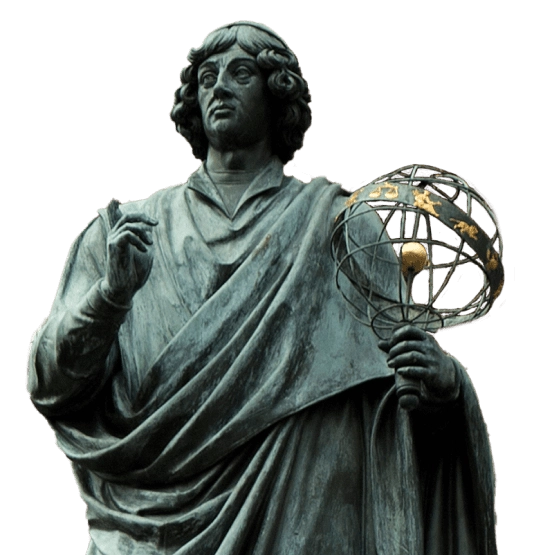After three decades of stagnation in the field of new classes of antibiotics, researchers at McMaster University in Canada have made a breakthrough discovery. A team led by Professor Gerry Wright has identified lariocidin, a peptide antibiotic with a unique mechanism of action that can effectively combat bacteria resistant to existing therapies. The new molecule was isolated from soil samples taken from a home garden in Hamilton, which highlights the potential of natural sources in the search for new drugs.
New mechanism of action
Lariocidin belongs to a group of lasso peptides, characterized by a specific lasso-like structure – with a loop of amino acids at one end and a “tail” threaded through it. The uniqueness of lariocidin lies in its ability to bind to the bacterial ribosome, which blocks the synthesis of proteins necessary for their growth and survival. This mechanism differs from the action of traditional antibiotics, making lariocidin a promising candidate in the fight against drug-resistant pathogens.
Responding to the global threat
Antibiotic resistance is one of the biggest threats to public health. According to the World Health Organization (WHO), in 2019, about 4.95 million deaths worldwide were linked to drug resistance in microorganisms. Projections indicate that by 2050 this number could rise to as many as 10 million per year if effective action is not taken. The discovery of lariocidin could be an important step in countering this trend.
Next steps
Research to date has shown that lariocidin is not toxic to human cells and shows high efficacy in animal models. Currently, Professor Wright’s team is focusing on modifying the molecule and developing methods for its mass production, which will allow further clinical development. The goal is to create a drug that will be effective in treating infections caused by resistant bacteria.
Significance of the discovery for future of medicine
The discovery of lariocidin underscores the importance of exploring natural sources in the search for new drugs. A home garden, from which a soil sample containing lariocidin-producing Paenibacillus bacteria was taken, is a reminder that nature still hides many undiscovered substances with therapeutic potential. With antibiotic resistance on the rise, such discoveries are not only valuable, but even essential for the future of medicine.
Sources: Medonet, mzdrowie.pl, Science in Poland






